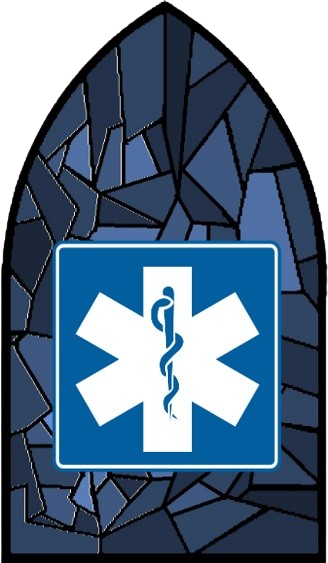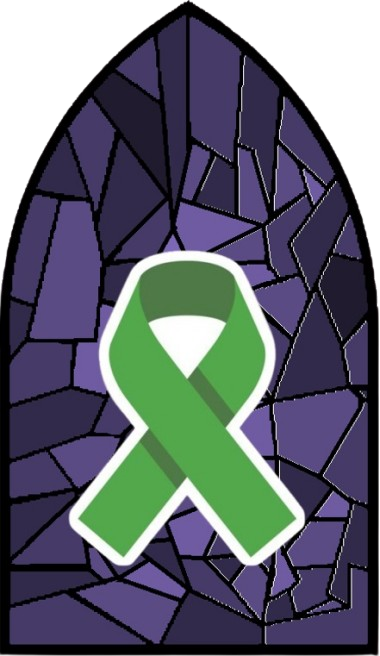
"I was hungry and you gave me food, I was thirsty and you gave me something to drink, I was a stranger and you welcomed me, I was naked and you gave me clothing, I was sick and you took care of me, I was in prison and you visited me."
(Matthew 25:35-36)
We are here to offer empathetic, non-judgemental, care and support anyone in our community.
We may not have the answers or be able to help directly ourselves, but we will always support you and try to point you in the right direction for further help.








